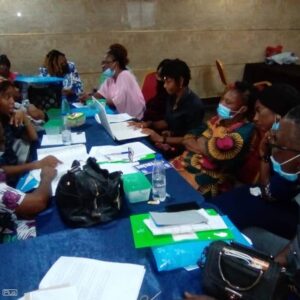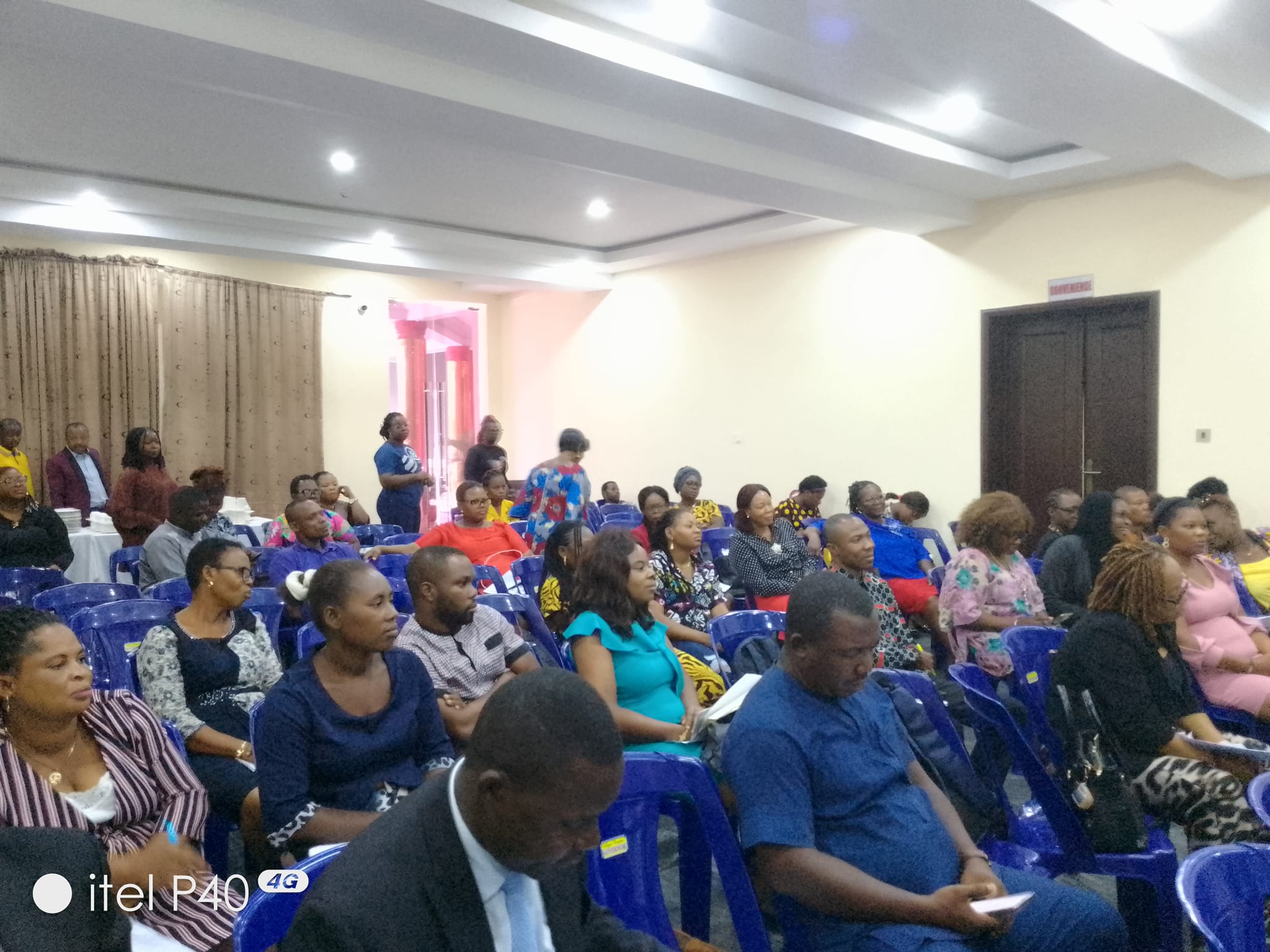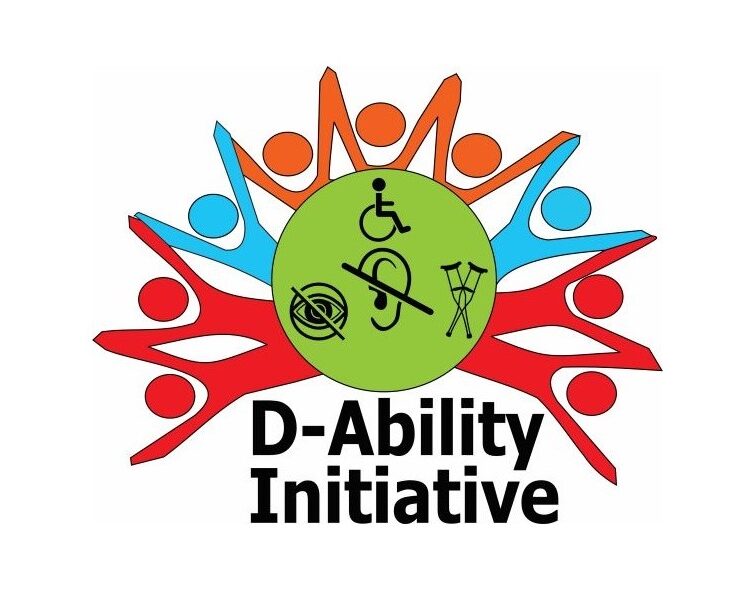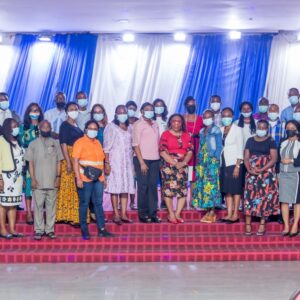
IMPLEMENTATION SESSION IN PROGRESS
This project, a five-day programme started with an advocacy visit to the honourable commissioner of health. The Programme was moderated by Mr. Nwankwo Steven (Chief Health Assistant/FGM Focal Person, Gender Branch/GASHE Division, Family Health Department, F.M.O.H). He was very instrumental in ensuring that the event runs smoothly all through the five days.
Welcome, Address by the Permanent Secretary, Rivers State Ministry of Health, ably represented by Dr. Iroro Smith. She said: “We are charting on a cause into making history for the Health of the Adolescent during and after the meeting/capacity training; as we make a quality contribution to the end of the Programme”. Mrs. Mbrema Wokoma (Desk Officer, For the Adolescent (SMOH); shared an action plan on way forward for the Adolescent. Partners present, promise to support as much as they can for the growth and betterment of the Adolescent group. Dr. Anslem Audu (Health Specialist/Officer in charge of UNICEF Port Harcourt, emphasized that they will continue to sponsor the activities of the Technical Working Group for Adolescents.
The objectives included
To conduct State-level needs assessment, landscape analysis, and prioritization of Adolescent Health problems in Rivers State.
To develop State level of Political support and commitment.
To provide five days of capacity building for health care providers at State and Local government levels for Accelerated Action for the Health of Adolescents (AA-HA!).
To secure the engagement of key Adolescent Health and development Stakeholders on AHD programmes.
The outline for the introduction is as follows:
Who are Adolescents?
What is their relevance in National Development?
What challenges do adolescents face?
How global, regional, and national targets the adolescents.
Introduction:
Adolescents belong to the period of transition from Childhood to Adulthood. This period offers the opportunity for consolidation of the earlier health investment in the childhood years and for laying the critical foundation. Who are Adolescents? 2007 National Policy on the Health and Development of Adolescent and young people adopted by UN definition of “Adolescents”; as individuals between the ages of 10 –19 years. “Youth” as a person aged 15 – 24 years. Looking at the Statistics of the Population of Nigeria; 22% are the Adolescent Population and 78% as the rest of the population. We have 64 million people as young people. Adolescents and young people are a major demographic force as they constitute more than a fifth of the world’s population. Ensuring quality health care services for Adolescents and other young people is also critical to the Universal Health Coverage Agenda.
Efforts at National Level
Policy formulation and Dialogues.
Resource Mobilization
Capacity Building
Monitoring of Adolescents Programmes
Sharing Experience at Global Commitment
Adolescent Health Programmes
Adolescent Technical Working Group (TWG)
Monitoring and Evaluation Framework (M&E).
Expectations from Rivers State Government (RSG):
Provide support at the State level and help secure L.G.A level political support.
Enhance the process of revamping State level Multi-Sectoral Working Group.
Facilitation of Participation of Partners.
Expected Outputs:
SMTWG revamped.
Built competencies of the SMTWG
State priorities were identified and State Level Implementation Plan was Developed.
Necessary Capacity built.
Proposing For Adolescent Friendly Clinic:
We want the Government to understand what Adolescent friendly Clinic is. Also, for people to understand Adolescents.
Development Partners
They assist the Government to achieve results.
Status of AHD Programming in the State and L.G.A’s:
Why a focus on Adolescent Statistics shows that 10-19years constitute 22.1% of the population.
Global Accelerated Action for the Health of Adolescents (AA-HA):
It helps countries to plan, implement and evaluate the Adolescents health programmes’ interventions in each country.
D-Ability Initiative’s Executive Director, Dr. Kingdom Nwanyanwu made four presentations on the landscape analysis of responsive health system strengthening in Rivers State.
On day 4, Dr. Kingdom Nwanyanwu presented the recap. and at the end of the presentation, he was applauded. The Group session resumed immediately on Work Plan.







